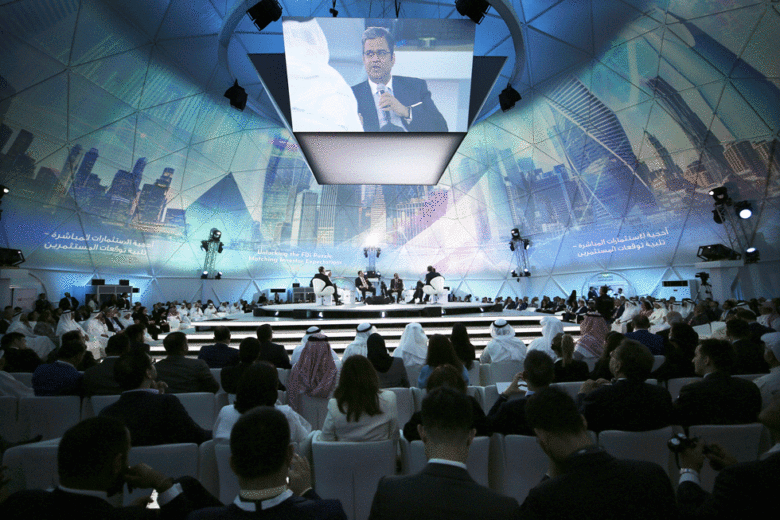Revealed: how Bahrain became the GCC's fastest growing economy
Bahrain Economic Development Board data shows strong growth in 2017, set to continue this year
New data published by the Bahrain Economic Development Board (EDB) reveals that the Gulf kingdom’s real GDP grew by 3.9 percent in 2017, with the non-oil economy expanding by 5 percent, making it the fastest growing country in the GCC.
According to its quarterly report, the pace of growth in the kingdom "accelerated markedly" in 2017 compared to 3.2 percent in 2016.
This performance in the face of sluggish regional growth was driven by the non-oil private sector, led by tourism, a strong pipeline of infrastructure projects, and a record year for foreign direct investment, it said.
Earlier this month, the IMF’s World Economic Outlook forecast that Bahrain’s economy would continue to be the fastest growing economy in the GCC in 2018, suggesting momentum is expecting to be maintained into the current year.
Regionally, the report predicts a significantly brighter outlook for the GCC in 2018, with a pronounced pick-up expected as economic diversification and fiscal consolidation efforts transition to their next phase and create a broad revenue base across the non-oil economy.
Dr Jarmo Kotilaine, chief economist, Bahrain EDB, said: “Bahrain’s economic resilience aligns with broader regional and global trends in which we see more diversified economies tending to achieve faster growth. Region-wide, business confidence and growth momentum are set to benefit from a more benign outlook in the oil sector and we expect 2018 to mark an important milestone as the GCC’s makes the economic paradigm shift towards diversified private-sector led growth economies."
He said growth in Bahrain is being driven by a number of strongly performing industries, led by tourism with the hotels and restaurants sector expanding by 9.5 percent in 2017, total visitor expenditure rising by 8.9 percent and the average length of stay increasing 2.5 percent to 2.82 days.
Other high performing sectors in 2017 included social and personal services (9.4 percent), led by private education and healthcare, trade (8.5 percent), real estate and professional services (5.5 percent) and financial services (5 percent).
Additionally, the EDB said it attracted $733 million of foreign direct investment into Bahrain in 2017, a record which is expected to generate 2,800 jobs over the next three years.
The report added that oil and gas remains a strong component of Bahrain’s economy, with the kingdom’s oil sector set to transition to an era of renewed growth. The recent announcement that Bahrain has discovered its largest oil and natural gas repository since it began producing in 1932, is a significant boost to its future economic outlook, it noted.





